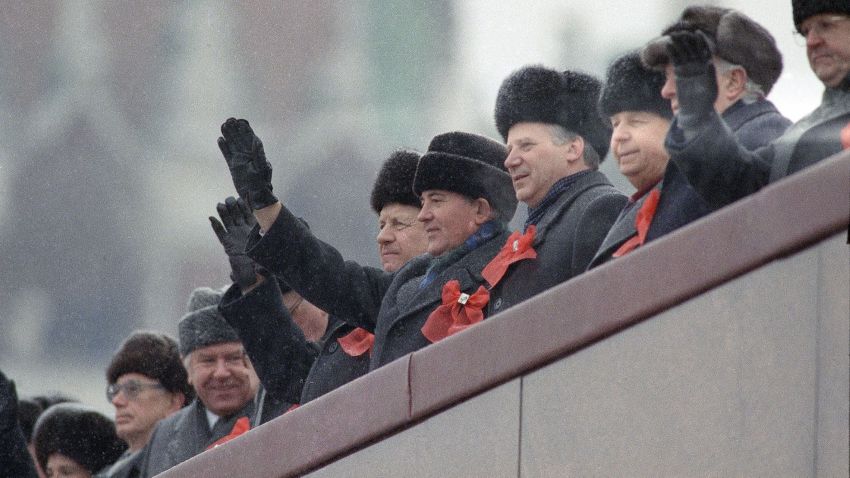Last week, the final leader of the Soviet Union, Mikhail Gorbachev, died. Many of the retrospectives on his legacy highlighted his central role in ending the Cold War between the United States and the USSR. In large part because of Gorbachev’s decision-making, the 45-year standoff ended with the Soviet Union voluntarily relinquishing its dominant position in Eastern Europe before subsequently dissolving. Though that dissolution led to internal conflict within some post-Soviet states, like Azerbaijan and Georgia, the process by which the USSR itself splintered apart was relatively peaceful.
Sadly, as Sergey Radchenko pointed out, Gorbachev lived long enough to see this accomplishment undone. The current war in Ukraine represents a delayed devolution of the Soviet Union’s breakup into war and conflict. Since the war began, some have wondered if another reform-minded, Gorbachev-like figure could reverse Russia’s course after President Vladimir Putin leaves power, like Gorbachev did for the Soviet Union. At minimum, some are turning to Gorbachev’s leadership, namely his relationship with former U.S. Presidents Ronald Reagan and George H. W. Bush, for lessons on how to rebuild peaceful relations between the West and Russia. As Evelyn Farkas, a former U.S. deputy assistant secretary of state, put it this week, Gorbachev “gave Russia a chance at democracy by opening the door to the truth about Soviet history. Putin has worked increasingly hard to shut that door ... Let’s hope the spirit of Gorbachev guides the next set of Russian leaders.”
But the possibility that another Gorbachev might arise to not only broker an end to the current conflict in Ukraine but also set Russia on a course to normalize relations with the West is unlikely. And the image of Gorbachev that guides such hopes is less than accurate.

